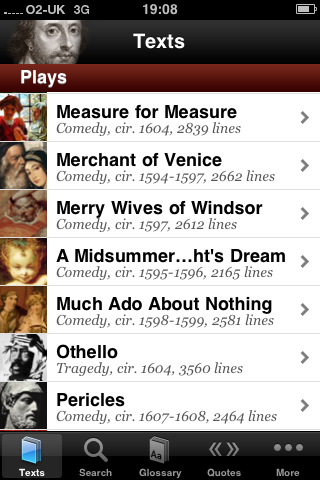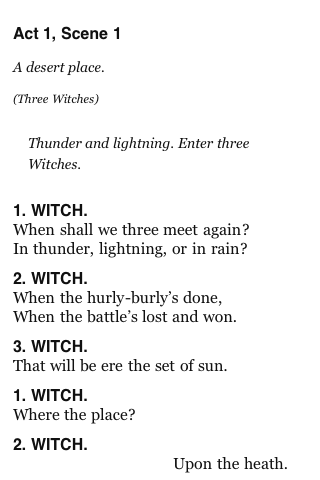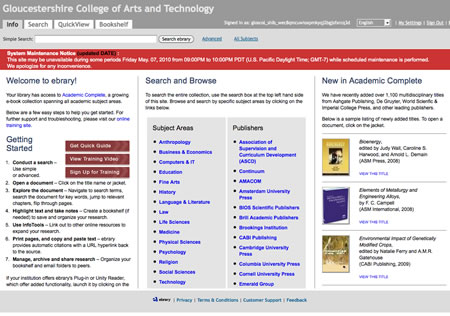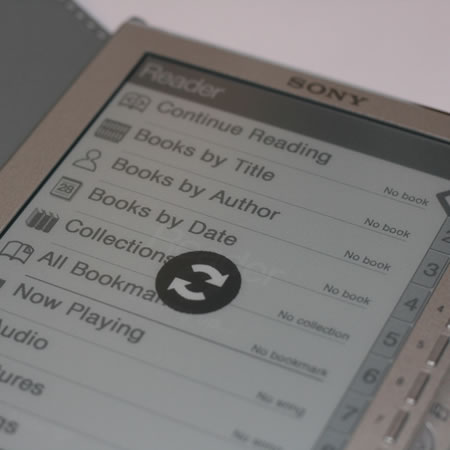It would appear that students at the University of Washington don’t like using the Kindle compared to use printed books.
In a report in The Seattle Times outlines how some students felt about the Kindle.
Wary of lugging a backpack full of textbooks on the University of Washington campus, Franzi Roesner couldn’t wait to get her hands on a new, lightweight e-reader from Amazon.com.
Soon after receiving a Kindle DX, however, something unexpected happened. Roesner began to miss thumbing through the pages of a printed textbook for the answer to a homework question.
She felt relieved several months later when required reading for one of her classes was unavailable on the Kindle, freeing her to use a regular textbook.
There were some interesting results and comments from the pilot. 80% would not recommend the Kindle as a classroom study aid for example. However 90% liked it for reading for pleasure.
The implication is that the Kindle did not work in the classroom, however as a device to read books it works fine.
The reason as outlined by Roesner is that:
“You don’t read textbooks in the same linear way as a novel.”
This is a lesson that educational publishers need to recognise when publishing content to platforms like the Kindle and the iPad. Though novels are linear and as a result eBook formats can “work” like a printed book, educational books are used differently and as a result eBook versions need to work differently. Students need to be able to move around quickly, annotate and bookmark.
The experiences at the University of Washington show that the issue wasn’t really with the Kindle, but was much more about the format of educational text books in the ebook format.











